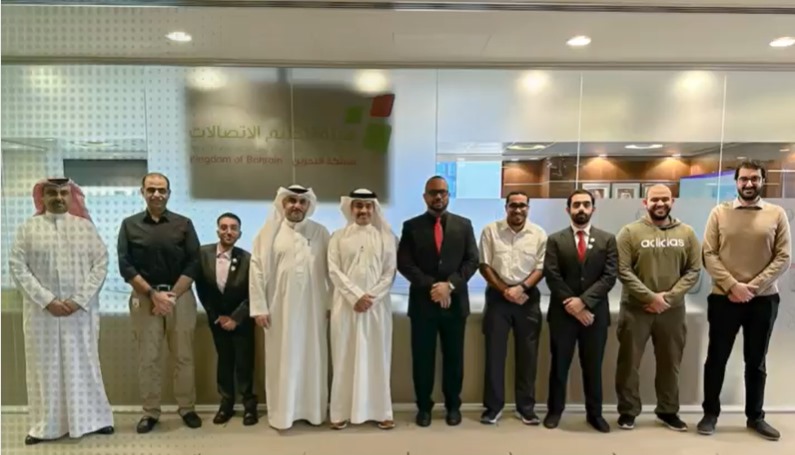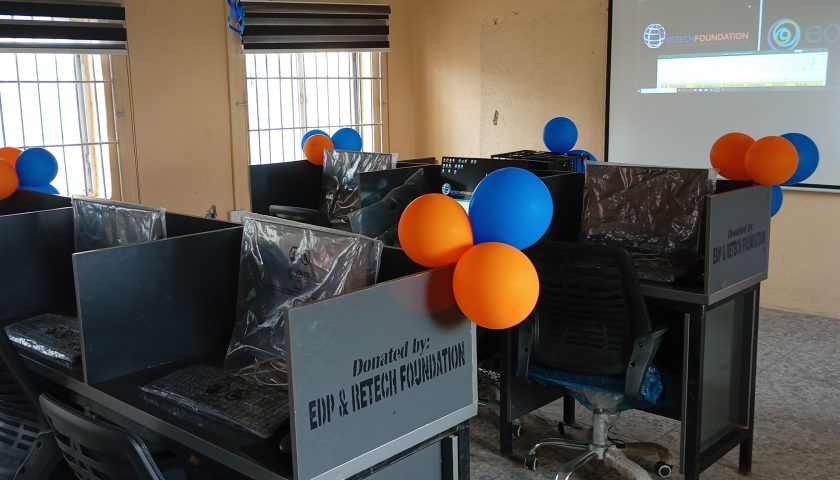Mr Tony Ojobo, the Public Affairs Director of the Nigerian Communications Commission (NCC), has said that online trackable identity was essential to curb crimes in the country.
Speaking at the Public Relations Directors’ Summit, organised by the Nigerian Institute of Public Relations (NIPR) on Monday in Lagos, Ojobo said that digital trackable identity would help to boost online businesses.
He described trackable identity as the ability to identify an individual through some natural physiological features, as may be shown by photographs or marks and such other characteristics.
According to him, ‘today, it is being more associated with the ability to identify a particular person in cyberspace, or in electronic devices which offers digital identification.
”The scope of trackable identity is being widened within the digital world to include tracking objects with application of tags that could be linked to a mobile phone or other devices.
”Advancements in Information and Communication Technologies (ICTs) have given a new definition and application to trackable identity.
”Therefore, trackable identity, in this context, could be called, digital identity,” he said.
Ojobo said that identity had become a commodity, as people created data bases of identities to enable them target specific segments or define characteristics of such markets.
He said that while traditional identification rely on passwords, PINs, smart cards, and the like, biometric identification using finger prints and iris scans were generally more reliable and secure.
According to him, biometric identity is also more reliable in linking individuals to event and action, therefore preferred by security institutions in fighting crimes.
He said that with that in mind, NCC initiated the registration of Subscriber Identity Module (SIM) Cards in Nigeria in 2011, and was officially completed on June 30, 2013.
”The major reason why the scheme was initiated was the result of the frequent use of phone services in committing crimes and the difficulty it posed to security agencies in solving such crimes.
”It was full biometric registration, with fingerprints and digital photographs of the registrants taken at the point of registration.
”It became the most reliable data base of Nigerian citizens given the number of subscribers in the network, which was more than 113 million then.
”It is evident that the level of ICT development will invariably determine how secure the environment would be for business
”Nigeria’s Internet subscription as at July 2017 is about 91.6 million, an indication that substantial number of trackable identities on the internet in Nigeria would be found on the mobile platforms,” Ojobo said.
He said that Nigeria’s level of telecommunication growth had potentials to facilitate trackable identity and in turn contribute to ease of doing business.
The director said that online shopping malls, online banking, online ticketing and reservations, online hotel bookings, which demanded secure trackable identity platforms were thriving in Nigeria.
According to the NCC spokesman, telecommunication and ICT are indispensable to trackable identity and Nigeria’s advancements in these directions has created a good leverage for ease of doing business.
Source: today.ng





